College of Community Science

| Title | Date |
|---|---|
| No.322/CCS/Dr.R.P.C.A.U, Pusa- End Term Examination Notice | 22-08-2022 |
College of Community Science, Dr. Rajendra Prasad Central Agricultural University earlier known as College of Home Science, Rajendra Agricultural University (RAU) was established in 1981 to foster growth, development and well-being of individuals/families/community residing in the State of Bihar, It caters to the present day needs of education in order to meet the rapidly changing demands of family life and the multiple roles that woman has to play in home as well as in professional life. Through its integrated programme of teaching, research and extension, the College grew rapidly, playing a significant role in improving the socio-economic conditions of rural as well as urban families, thereby, giving them opportunity to have a better quality of life.
Realizing the changing job scenario, the institution upheld the 6th Dean’s Committee of ICAR recommendation in line with guidelines of NEP-2020, Undergraduate B. Sc. (Hons) Community Science is four years degree programme consisting of three years of general orientation in all the five subjects of Community Science along with skill trainings for two years for award of Certificate and Diploma, six months of specialization/Elective courses and another six months of Hands-on experience in the area of specialization chosen by the students. Students Ready Programme includes Experiential Learning and Rural Agricultural Work Experience, In-plant Training /Industrial Attachment.
The College initiated Post Graduate programme in Food and Nutrition and Extension Education and Communication Management in 1999. The PG programme in Resource Management and Consumer Science has been started in 2014 whereas PG in Apparel and Textile Science was started in 2020. The Ph.D. programme in Food and Nutrition was also started in the year 2020. Thus, the College of Community Science, Pusa continues its journey of excellence with its mandate and mission of improving life of community people through education, research and extension. Presently, a new course in B. Sc. (Hons) four years degree programme in Food Nutrition and Dietetics has been started from academic year 2024-2025.
MISSION:
- To provide programme of instruction and training towards fulfilling the need of rural families/ communities.
- To build up postgraduate programme for preparing competent professionals to function as professor / scientist.
- To promote analytical abilities among students towards innovative research to augment the quality of life of family and community in the changing scenario.
- To enhance entrepreneurial skills for self-employment and income generation.
GOALS:
- Enhance the quality living of individuals in general and rural or urban families and communities in particular through teaching, research and extension activities.
- Develop technologies and carry out advance research for academic as well as farm families for the prosperity and advancement of the society.
- Service support to industries and communities that would help them to become better resource managers and contribute towards sustainable development goal.
OBJECTIVE:
- Teaching of undergraduate, postgraduate and Ph.D. students for preparing competent professionals to function as Professors, Scientists etc.
- Conducting need-based research to improve the quality of individual life and society.
- Developing linkage with National, International Organizations for research on various aspects.
- Organizing and conducting on-campus and off-campus capacity building programme for farm women/ farmers/ youth to develop their skills and create awareness regarding utilization of various local resources, art and waste products for self- employment/ entrepreneurship development.
- Disseminating the scientific technology information to the community through various extension activities.
- Conducting short duration vocational training for farm women, youth and farmers.
- Providing programme of instruction and training towards fulfilling the need of community.
College of Community Science has Five Department with Qualified Faculties-
- Apparel and Textile Science (ATS)
- Food Science & Nutrition (FS&N)
- Resource Management and Consumer Science (RMCS)
- Human Development and Family Studies (HDFS)
- Extension Education and Communication Management (ECCM)
On-going Research Project:
| S. N. | Title of Projects | Funding Agency | PI and Co-PI | |
| All India Coordinated Research Project (AICRP) | ||||
| 1. | AICRP on WIA
| ICAR- New Delhi | Dr. Sangeeta Deo (PI) | |
| External Funded Project | ||||
| 1. | Management of Early Childhood Development through promotion and care practices in aspirational districts of Bihar. | UNICEF | Dr. Usha Singh | |
| 2. | Enhancing income of farmers through value chain development of Millets in Samastipur district in Bihar | NABARD | Dr. Neelam kumari | |
| University Funded Project | ||||
| 1. | Estimation of sulphur content of cruciferous vegetables and its possible uses as natural preservative. | University Funded | Dr. Kumari Sunita | |
| 2. | Addressing Malnutrition among Rural Population through Digital Behaviour Change Intervention (DBCI) | University Funded | Dr. Kumari Shipra | |
| 3. | Development of moringa leaves and millet based multipurpose flour for reduction of anaemia among children | University Funded | Dr. Savita Kumari | |
| 4. | Assessment of physical and psychosocial well-being of elderly population in aspirational districts of North Bihar | University Funded | Dr. Veena Shahi | |
| 5. | Formulation of millet based resistant starch rich food and its evaluation for hypoglycaemic effect among diabetics | University Funded | Dr. Gitanjali Chaudhary | |
| 6. | Assessment of early childhood education on growth and development of preschool children of farming community | University Funded | Dr. Seema Pradhan | |
| 7. | Product development and value chain management of fruits and vegetable for microenterprises | University Funded | Dr. Sunita Kumari | |
| 8. | Enhancing parental involvement in Pusa Block for holistic early childhood development: A Pilot Project | University Funded | Dr. Arti Sinha | |
| 9. | Ergonomic Intervention in the Workplace of Mithila Painting for Increasing Work Efficiency. | University Funded | Dr. Shishir Kala | |
| 10. | Enhancing dietary diversity and livelihood status among banana growers’ community through value chain management | University Funded | Dr. Mala Kumari | |
MoU Signed between CCS, RPCAU, Pusa & other Agencies
| S. No. | Agencies | Aspects |
| 1. | UNICEF | Stop Stunting in Bihar |
| 2. | Khadi India | Herbal Gulal & Banana Fibre Products |
| 3. | M/s Kishan Agro, Bihar Sharif (Nalanda), Bihar | Production & Commercialization of Hand-cranked Improved Chakki |
| 4. | M/s Binod Engineering, Bihiya (Bhojpur), Bihar | Production & Commercialization of Electric Okhali |
| 5. | Project Concern International (PCI) | Hands on training on Nutri-food and its adoption as enterprise by JEEViKA group |
MACHINE DEVELOPED
Hand Cranked Improved Chakki | ||
Salient Features : The machine is manually operated with provision of gap adjustment between two stones fitted for grinding the grains. The machine has specialty in respect of movement of stones and works in the fashion similar to traditional chakki. The machine is provided with a hopper, grain collector, feeding port, bevel gear assembly, frame and product collecting pan. It can be operated in standing posture or by sitting on chair with less drudgery. The machine is very much suitable for preparation of dal, dalia, suji, aata, besan and sattu. The quality of dal produced by the machine is excellent and the machine has potential for commercial use by the small farmers. | ||
Electric Mortar & Pestle (Okhali) | ||
Salient Features : The machine is electrically operated and it is fitted with 1.0hp single phase motor for its compatibility of use in houses. The machine is comprised of a wooden mortar, metallic pestle, frame, hopper, blower and sieve arrangement so that selling of grain and its cleaning may be completed by this machine. The mortar of machine is fitted with a pair of agitator that revolves at uniform speed inside the mortar with the help of ring gear so that thrust created by the pestle may get distributed uniformly over the grains for better output and satisfactory work. The capacity of machine is 8-10 kg/h in rice, 8-12 kg/h in wheat and 1.75-2.0 kg/h for barnyard millet. It has the ability to complete all works that are usually performed by the traditional Okhali. | ||
Patents
Hand Cranked Improved Chakki | Electric Mortar & Pestle (Okhali) | Energy Dense Nutritive Food |
ACADEMIC:
The College was started with the vision of upliftment and providing better education and job opportunity to students. Community Science is an inter-disciplinary field of knowledge which integrates concepts from Physical, Biological, Agricultural, Social and Environmental Sciences along with its own components of Apparel and Textile Science, Food and Nutrition, Resource Management and Consumer Science, Human Development & Family Studies and Extension Education & Communication Management. It prepares the individuals to obtain recent scientific information for dealing with real life situations to cope up with everyday problems effectively by providing broad-based, culturally relevant knowledge in different areas of Community Science.
ADMISSION:
The eligibility for entry into the UG programs will be + 2 Science, the students will be admitted as per norms of ICAR/ SAUs/CAUS. Admission in Community Science will be possible through CUET-UG (Common University Entrance Test-Under Graduate), and for admission in Post graduate programme will be through ICAR-AIEEA (PG) and All India competitive Examinations (AICE)- JRF/SRF (Ph. D).
Degree Programmes:
Programme | Discipline | Year of start | Intake Capacity | Eligibility criteria for admission |
Bachelor of Science | Community Science | 1998 | 40 | · (10+2) passed with science subjects. · Minimum 50% marks in class 10+2 is mandatory. |
Food Nutrition and dietetics | 2024 | 30 | ||
Master of Science | Food & Nutrition (FN) | 1999 | 05 | · Four-year graduation in relevant subjects from SAU/CAU. |
Extension Education and Communication Management (ECCM) | 1999 | 05 | ||
Resource Management and Consumer Science (RMCS) | 2014 | 05 | ||
Textile and Apparel Designing (TAD) | 2020 | 08 | ||
Doctor of Philosophy | Food & Nutrition (FN) | 2020 | 02 | · Candidates with four years graduation and two-year post graduation in relevant subjects are eligible. |
Academic System
The semester system follows at the college. An academic year consist of two semester which starts from July to June. The first semester typically begins in the last week of July and ends at the first week of December, whereas the second semester begins in the first week of January and concludes at the second week of May. The Academic Calendar (Calendar of Academic Events) issued by the Registrar’s Office is adhered to. The academic schedule is released well before the semester begins. The 1st year of the programme will be having the foundation, introductory and skill enhancement courses. The 2nd year will be having basic core courses with some more options for skill enhancement. The 3rd year of the programme will have advanced core and elective courses as well as advanced skill enhancement through internship.
There will be exit options after 1st year and 2nd year for UG-Certificate and UG Diploma with ten weeks internship after the 1st year (2 semester) and 2nd year (4 semesters), respectively.
Scholarships:
- Under Graduate Programme:
Type of Scholarship
Amount /Month
National Talent Scholarship (ICAR) (for outside Bihar Students)
Rs. 3000/-
Govt. of Bihar Scholarship (for Bihar Domicile Students)
Rs 2000/-
Book Grant (for Bihar Domicile Students): will be reimbursed to the students on production of cash memo for purchase of textbooks and other reading materials recommended by the course instructor.
Rs 6000/Year
- Master Degree Programme:
Type of Scholarship
Amount /Month
National Talent Scholarship (ICAR) (for outside Bihar Students)
Rs. 5000/-
ICAR PG scholarship
Rs.12,640/-
Govt. of Bihar Scholarship (for Bihar Domicile Students)
Rs 3000/-
- Ph.D. Programme:
Type of Scholarship
Amount /Month
ICAR- JRF/SRF
Rs.31,000/- for the 1st and 2nd years (JRF) and Rs.35,000/- for the 3rd year (SRF),
Contingency
Rs 10,000/year.
- Other Fellowship and Financial Support:
- CSIR/DBT Fellowship
- Respective State Specific Scholarship/Fellowship
- Kanya Utthan Yojana (Bihar)
- Category Specific Scholarship/ Fellowship
EXTENSION
Skilled Training Program of Farm women/Rural Youth/Awareness Programme in villages and participation in Mela
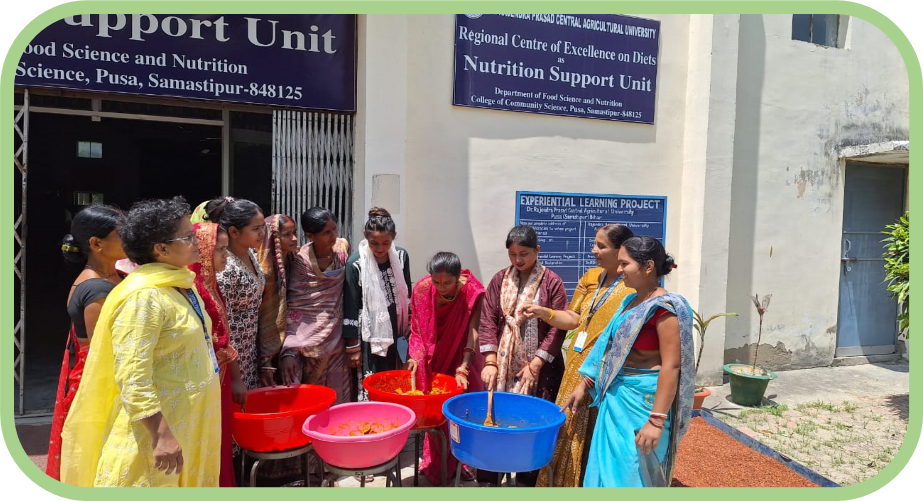 | 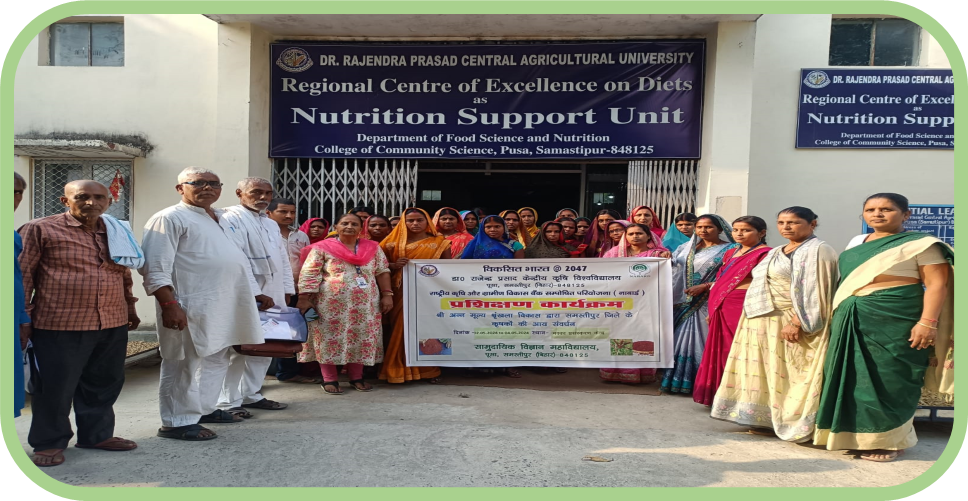 |
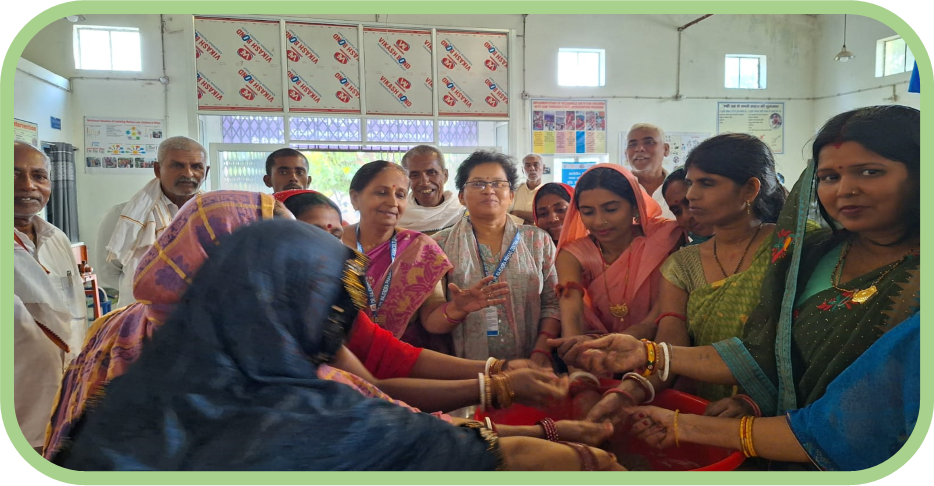 | 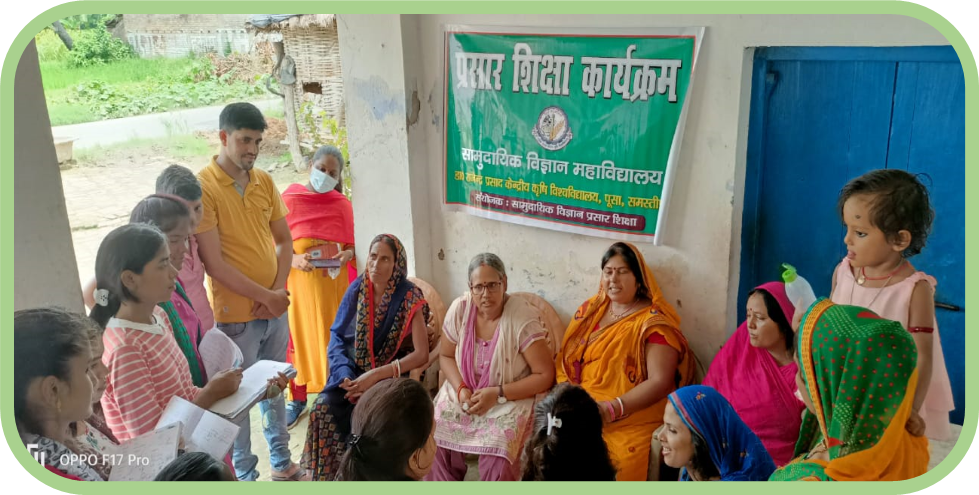 |
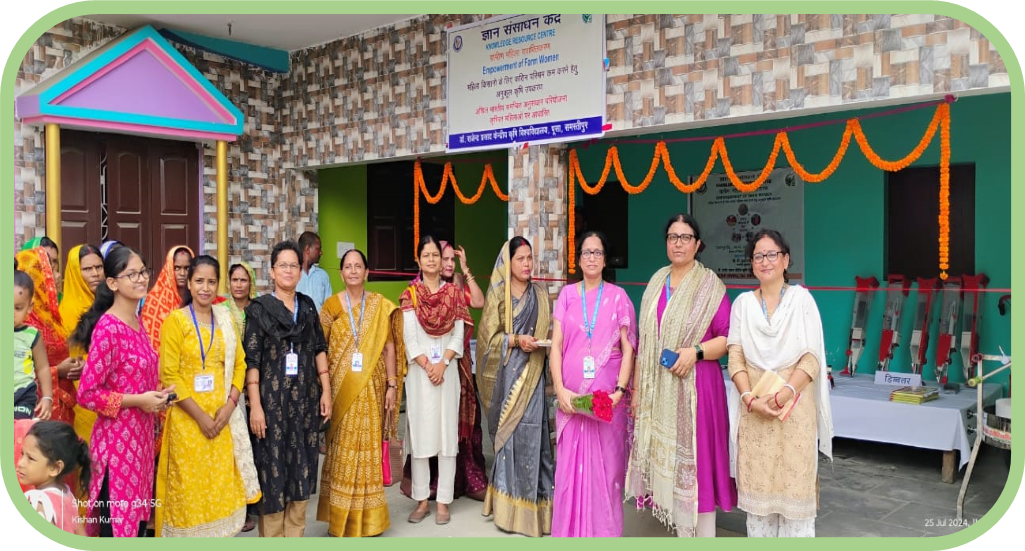 | 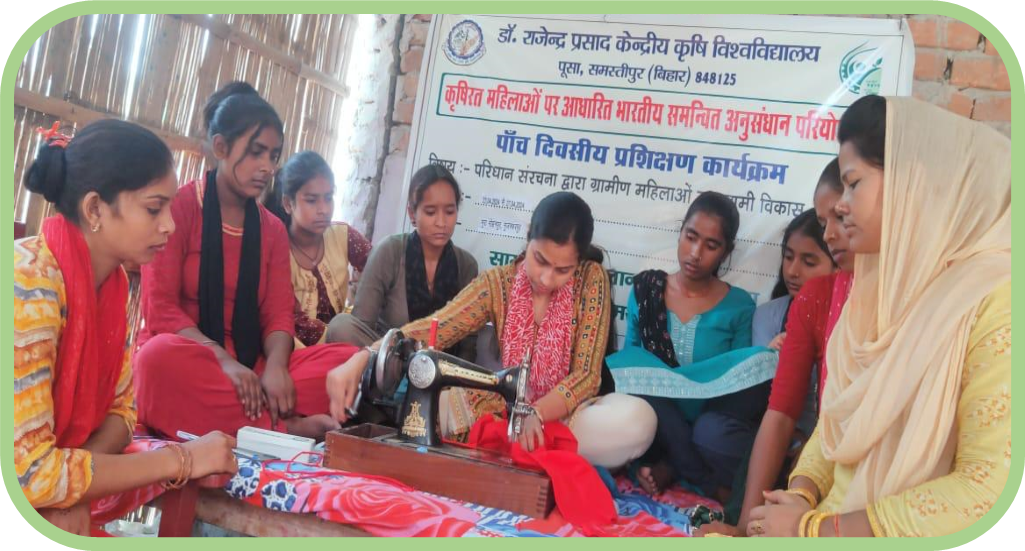 |
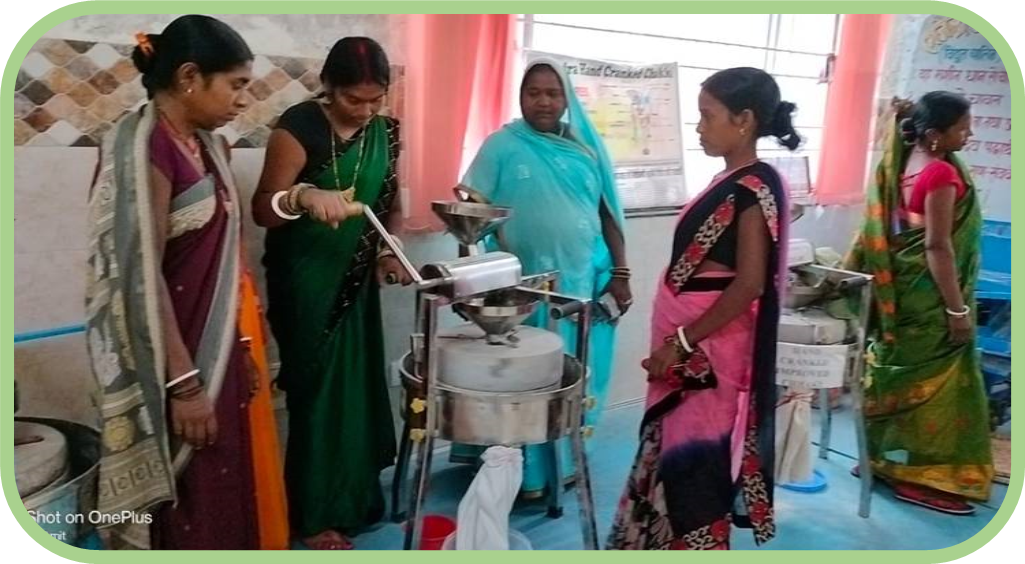 | 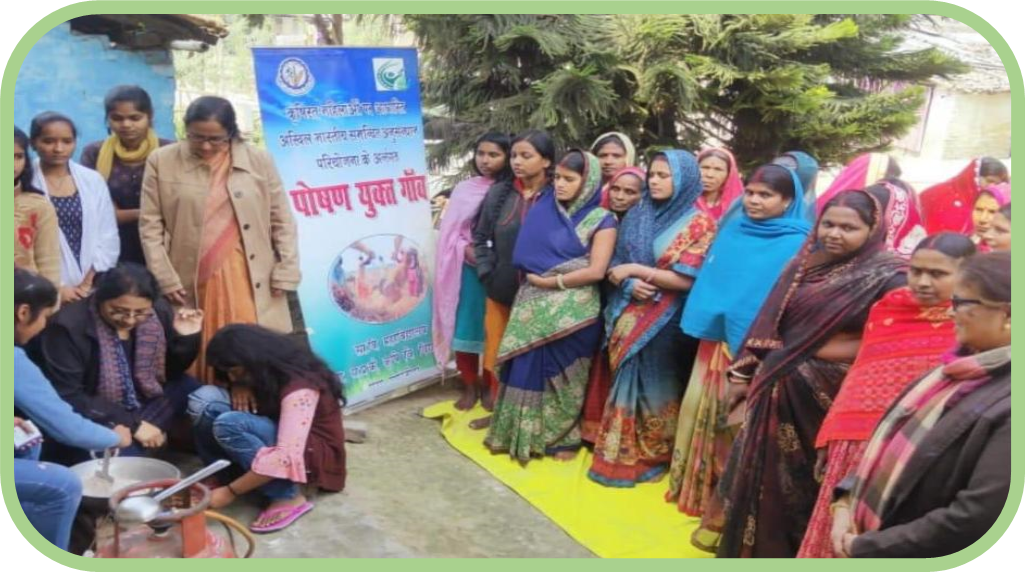 |
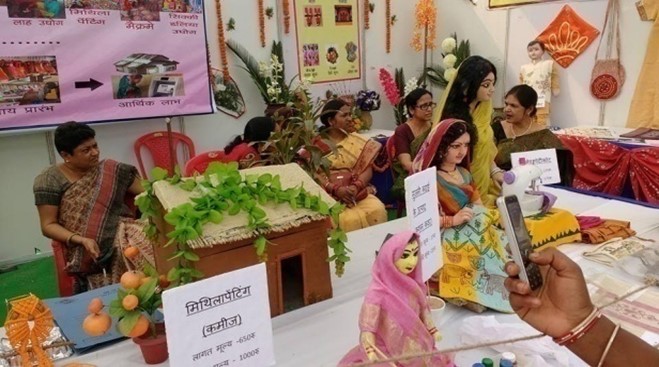 | 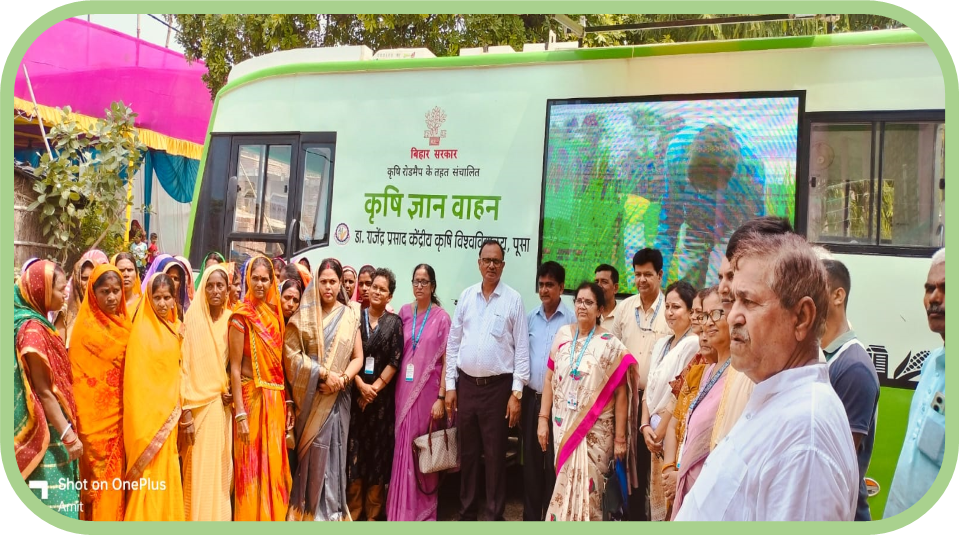 |
Infrastructure
Smart Class room | Seminar Hall | Well Equipped Laboratories |
Meeting Hall | Apparel & Textile Design | AICRP on WIA |
Maize Processing Centre | Computer Lab. | Nursery Lab. School |
Name of Laboratories:
MAIZE PROCESSING UNIT
Introduction:
The Food Science and Nutrition department under Community Science, at Dr. Rajendra Prasad Central Agricultural University (RPCAU), Pusa, is having a well-equipped Processing Unit aimed at supporting research, training, and extension activities related to food processing and value addition. This unit plays a crucial role in enhancing the post-harvest value chain and promoting food and nutritional security, rural entrepreneurship, and community development. Through its infrastructure and outreach, the unit serves as a practical platform for students, researchers, and farmers to gain hands-on experience in modern food processing techniques
Objective:
The primary objective of the Processing Unit is to facilitate the development, demonstration, and dissemination of food processing technologies that can improve the shelf life, quality, and marketability of agricultural produce. In addition to promoting safe and nutritious food production, the unit aims to:
- Empower farm women through skill development and income-generating activities.
- Facilitate entrepreneurship development by training rural youth and self-help groups in food processing techniques.
- Address issues of malnutrition and micronutrient deficiencies through various ongoing projects focusing on developing nutritionally enriched food products.
- Bridge the gap between agricultural production and food consumption through value addition, thereby supporting sustainable rural livelihoods.
- This integrated approach supports the broader goals of women empowerment, community health improvement, and rural economic development.
Lab Nursery School:
Introduction:
The College runs a Pre-Nursery laboratory School with 30 little kids on rolls, under the department of Human Development and Family Studies.
The Earliest years of life are a crucial and foundational period in the human lifespan. At our Pre Nursery Laboratory, it offers a nurturing environment where children begin their journey through motor, cognitive, social, and emotional growth, through guided observation, playful stimulation, and developmentally appropriate activities.
This pre-Nursery school act as living laboratory for undergraduate and research students in fields of child development and family studies by providing hands-on experience and observation opportunities for quality research. Simultaneously, for university women employees, on site playschool offers accessible childcare, enabling better work life balance, reduced absenteeism, and enhanced career continuity.
Objective:
- To encourage play-based, developmentally appropriate activities that promote social, emotional, physical, and cognitive growth.
- To make it possible for prompt screening for behavioural issues and developmental delays, together with access to professional advice and assistance.
- To bridge theory and practice by giving students access to real-world environments where they can watch, evaluate, and engage with children.
- To instruct students in curriculum development, classroom administration, developmental assessment, and child mentoring through experiential learning.
- To offer workshops, counselling, and training to improve family well-being and parenting techniques.
- To provide on-site quality childcare options to university employees.
This multifunctional setting empowers women while creating a supportive environment for kids.
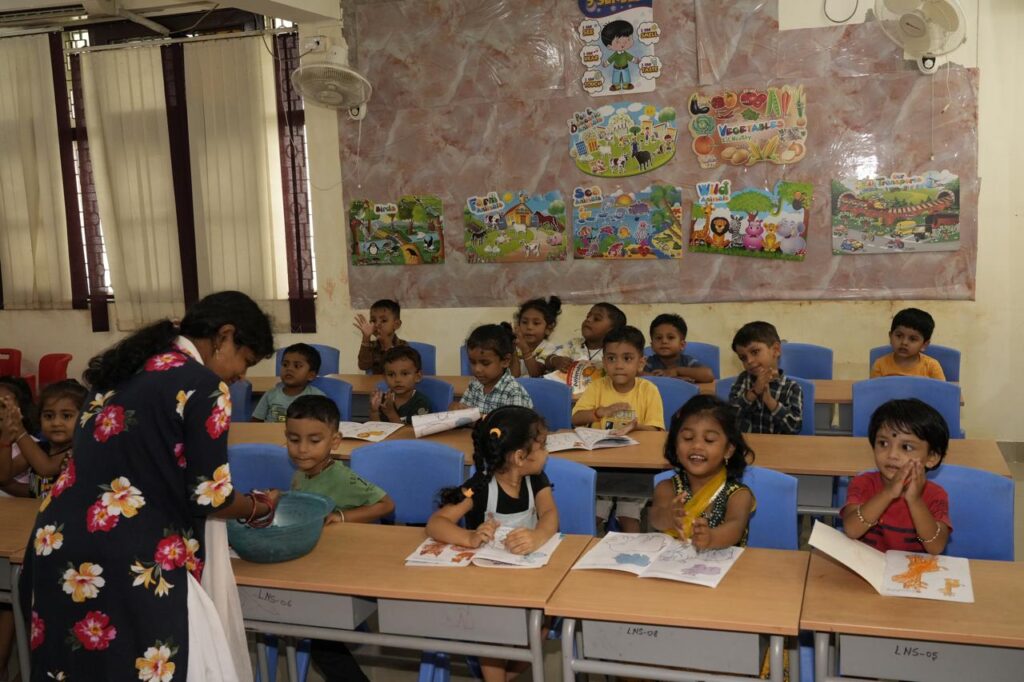
| 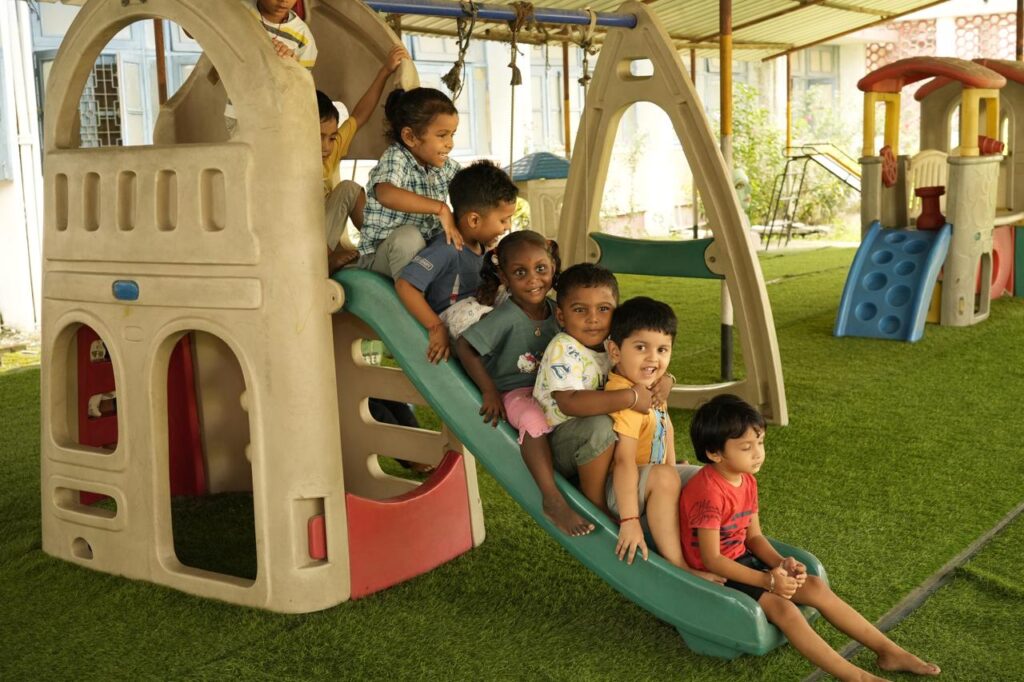 |
Faculties at CCS
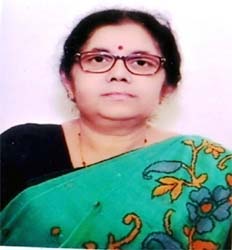
Dr. Usha Singh
Dean, CCS
dean.cs@rpcau.ac.in | View Profile
Department of Food Science & Nutrition
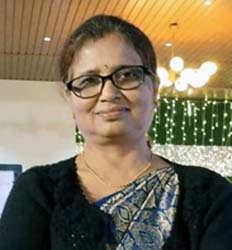
Dr. Savita Kumari
Associate Professor-cum-Sr. Scientist & Head
M- 7543041369 Email- savita.kumari@rpcau.ac.in head.fns@rpcau.ac.in | View Profile
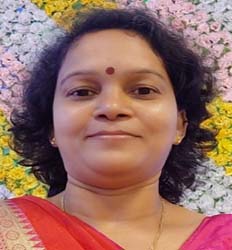
Dr. Gitanjali Chaudhary
Associate Professor-cum-Sr. Scientist
M- 9801011596 Email- gitanjali@rpcau.ac.in | View Profile
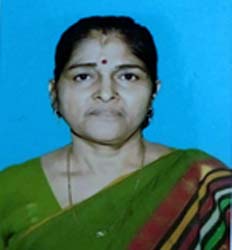
Dr. Sunita Kumari
Associate Professor-cum-Sr. Scientist
M- 9430242799 Email-sunita.kumari@rpcau.ac.in | View Profile
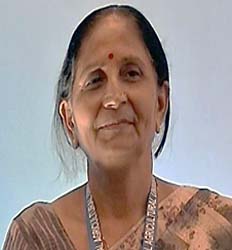
Dr. Neelam Kumari
Assistant Professor-cum- Scientist
M- 7352312682 Email- neelam.kumari@rpcau.ac.in | View Profile
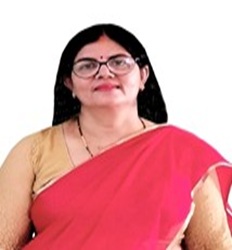
Dr. Kumari Sunita
Assistant Professor-cum- Scientist
M- 8789726056 Email- kumari.sunita@rpcau.ac.in | View Profile
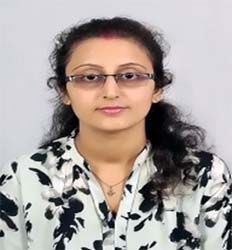
Dr. Anugya Bharti
Assistant Professor-cum- Scientist
M- 9536447307 Email- anugya.bharti@rpcau.ac.in | View Profile
Department of Resource Management & Consumer Science
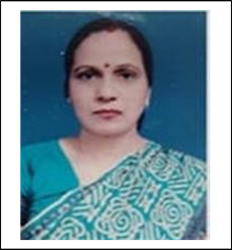
Dr. Shishir Kala
Professor & Head
M- 9771036882 Email- shishir.kala@rpcau.ac.in head.frm@rpcau.in | View Profile
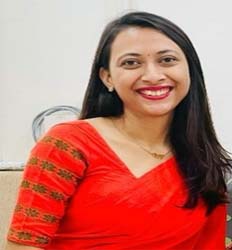
Miss Alinda Kashyap
Assistant Professor cum Scientist
M- 8638759296 Email- alinda.kashyap@rpcau.ac.in | View Profile
Department of Extension Education and Community Management
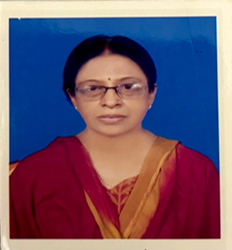
Dr. Arti Sinha
Professor & Head
M- 6287797200 Email- head.eecm@rpcau.ac.in | View Profile
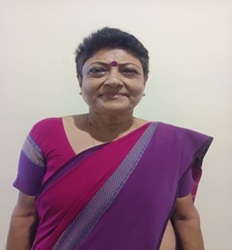
Dr. Punam Kumari
Professor cum-chief Scientist
M- 8084140730 Email- drpunamkumari@rpcau.ac.in | View Profile
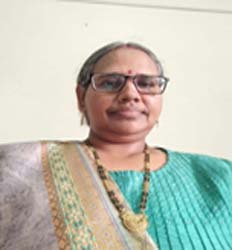
Dr. Mala Kumari
Assistant Professor -cum- Scientist
M- 6207960430 Email- mala.kumari@rpcau.ac.in | View Profile
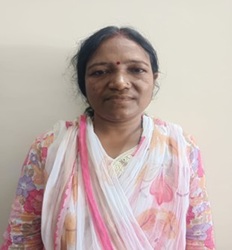
Dr. Kumari Shipra
Assistant Professor-cum- Scientist
M- 9473248034 Email- shipra.kumari@rpcau.ac.in | View Profile
Department of Apparel and Textile Science
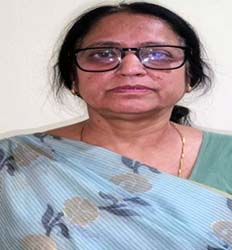
Dr. Sangeeta Deo
Professor
M- 9934255866 Email- sangeeta.deo@rpcau.ac.in | View Profile
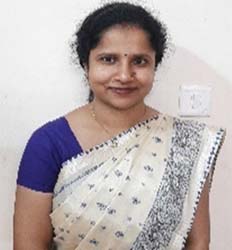
Mrs. Gayatri
Assistant Professor-cum- Scientist
M- 9458940774 Email- gayatri@rpcau.ac.in | View Profile
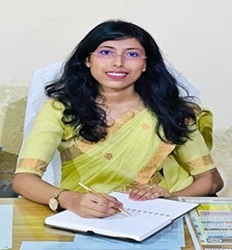
Miss Rubi Pranjana Tamuli
Assistant Professor-cum- Scientist
M- 8472091516 Email- rubipranjanatamuli@rpcau.ac.in | View Profile
Department of Human Development and Family Studies
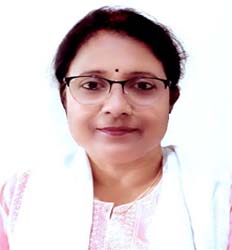
Dr. Veena Shahi
Professor& Head
M- 9431426347 Email- veena.shahi@rpcau.ac.in head.hdfs@rpcau.ac.in | View Profile

Dr. Arti Sinha
Professor cum chief Scientist
M- 6287797200 Email- arti.sinha@rpcau.ac.in | View Profile
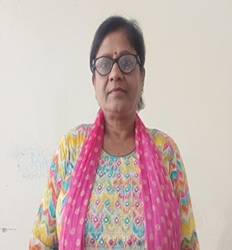
Dr. Seema Pradhan
Assistant Professor cum Scientist
M- 9110951461 Email- seema.pradhan@rpcau.ac.in | View Profile
Food Science & Nutrition
Extension Education & Communication Management
Resource Management & Consumer Science
Apparel and Textile Science
Human Development & Family Studies
Where Alumni Goes:
- For Higher Studies
– SAU, CAU, CU, CFTRI, NIN, IITs, TISS, NIFTEM
- Employment/Placement
- Work at Government Sector
- Work at Private Sector
- NGOs
- Self-Enterprises
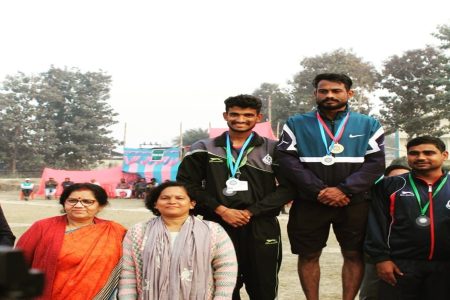
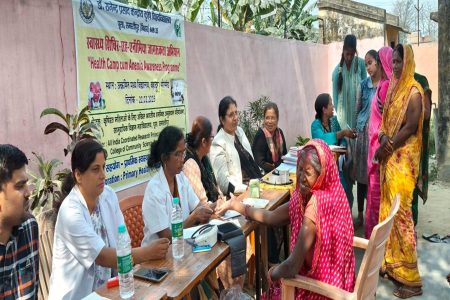
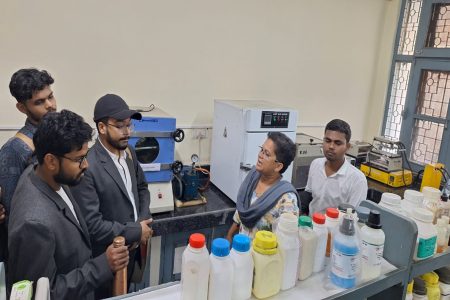
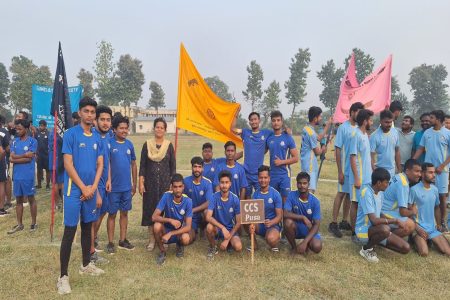
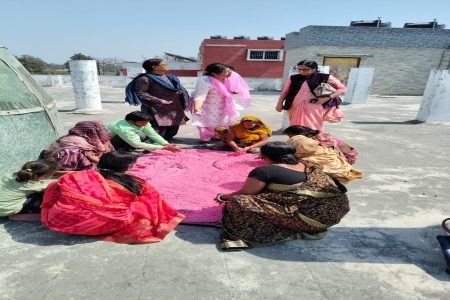
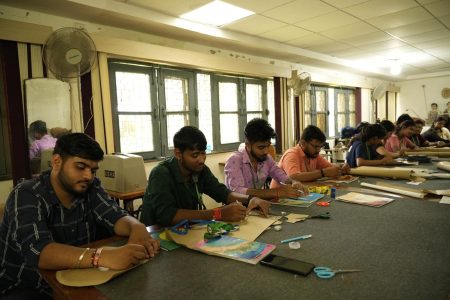
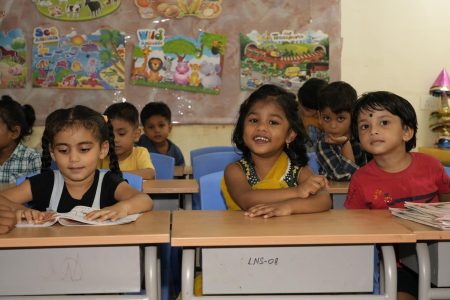
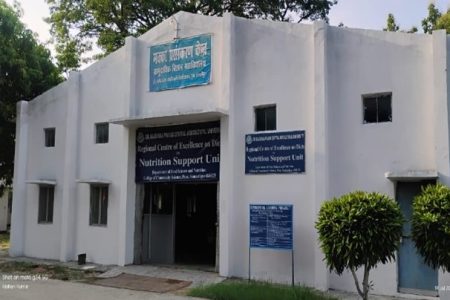
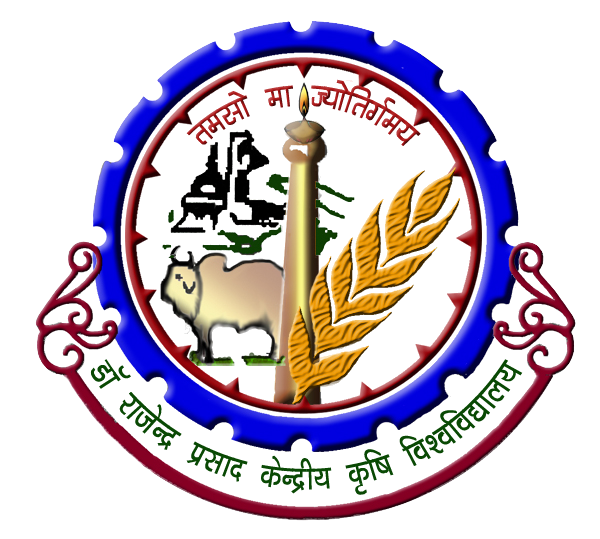
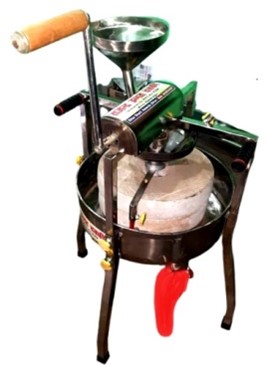
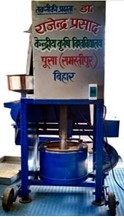
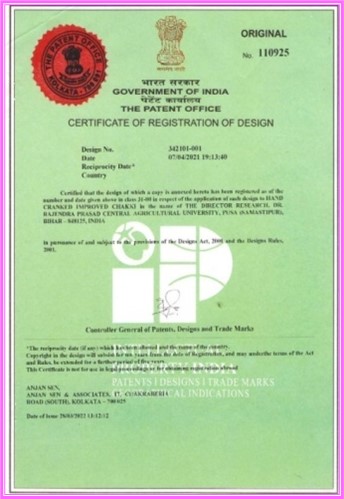
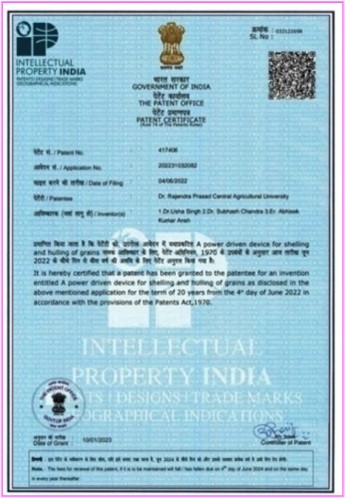
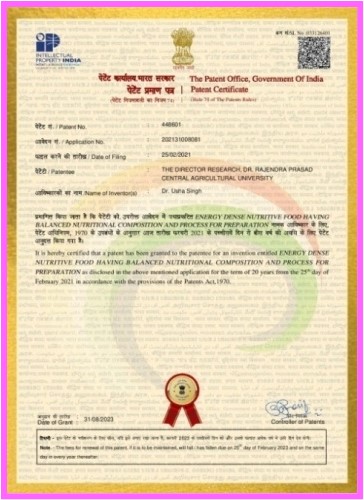
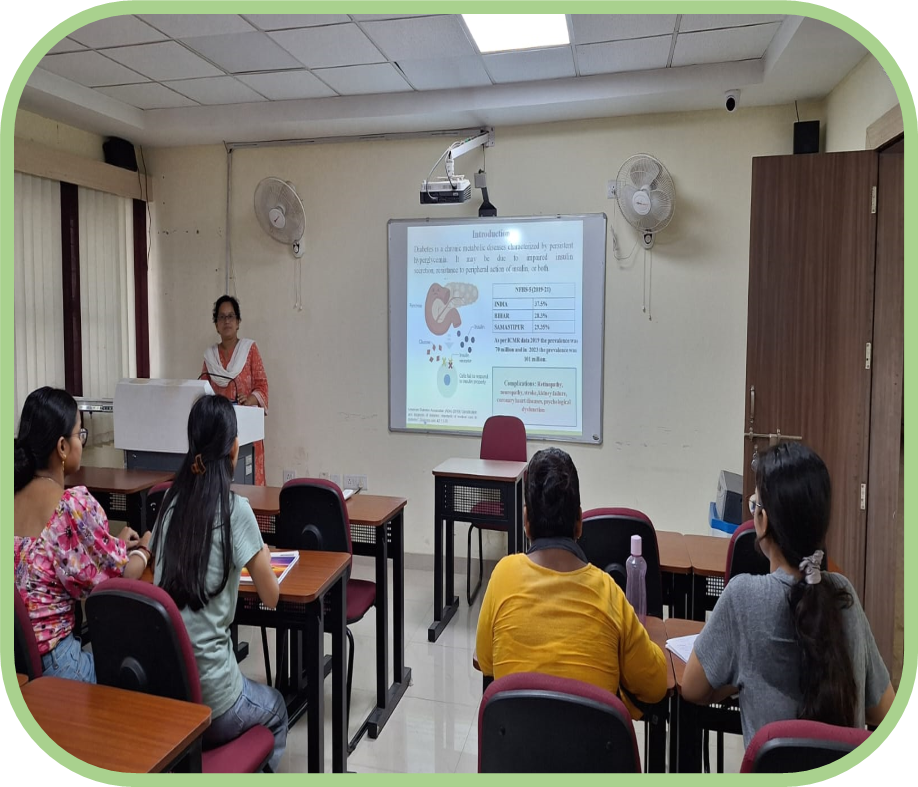
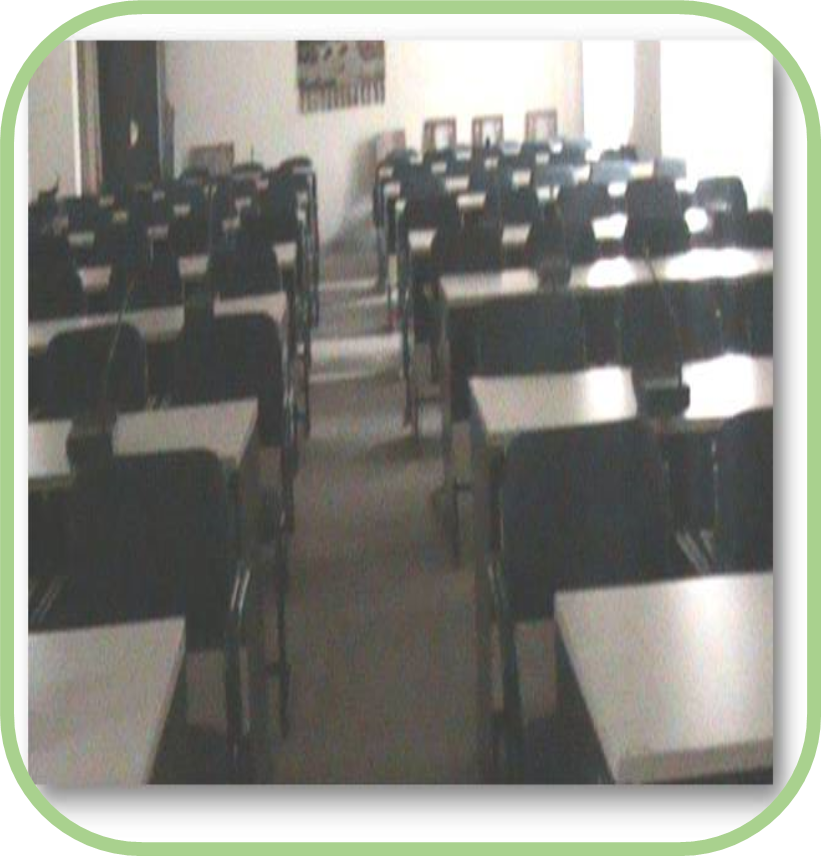
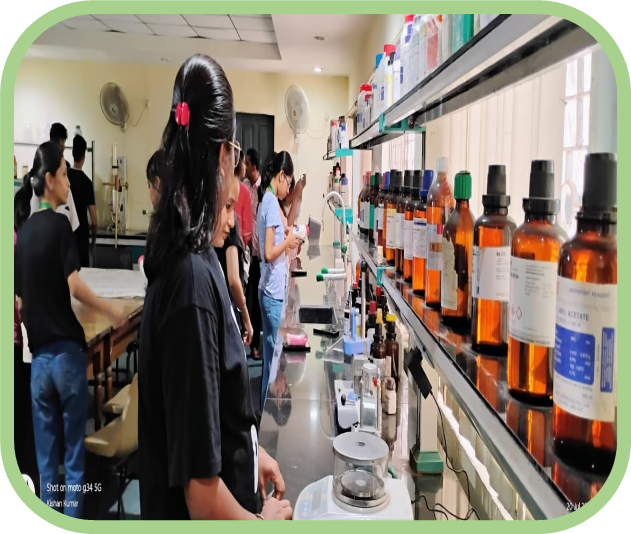
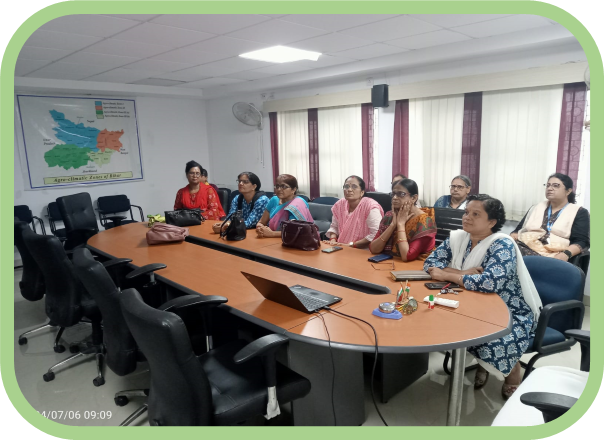
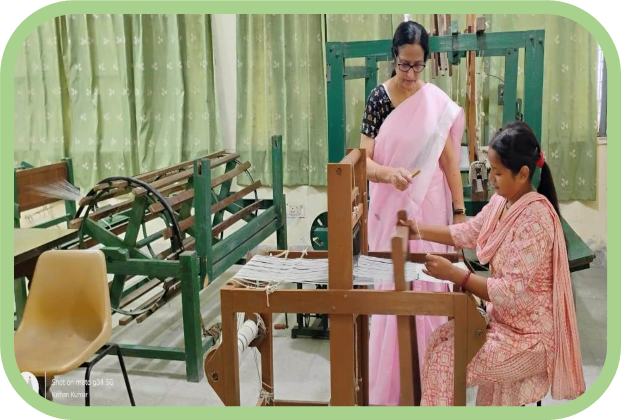
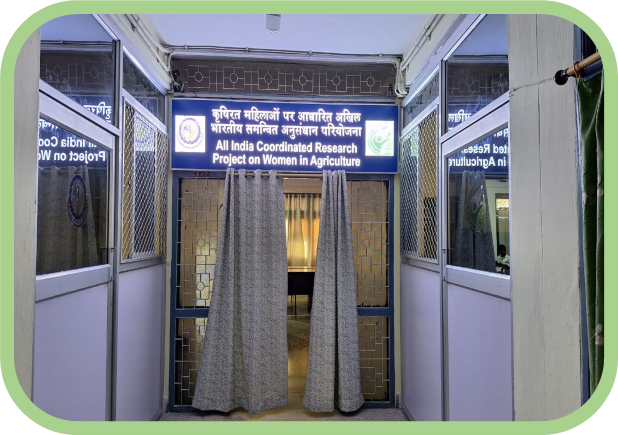
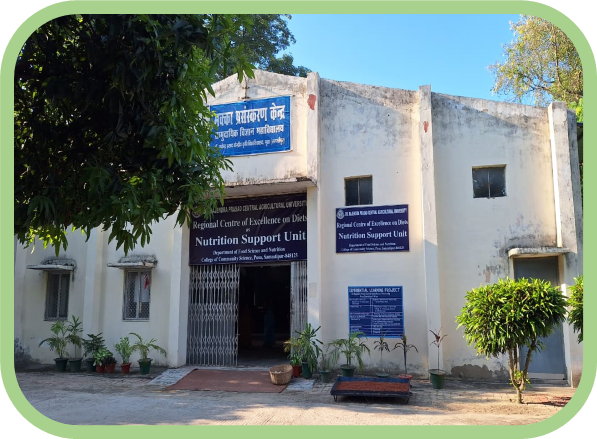
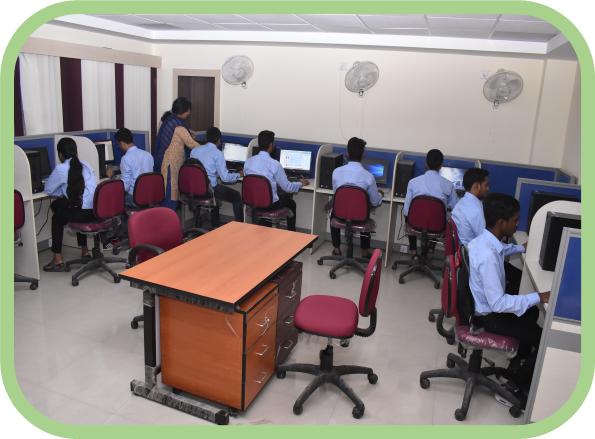
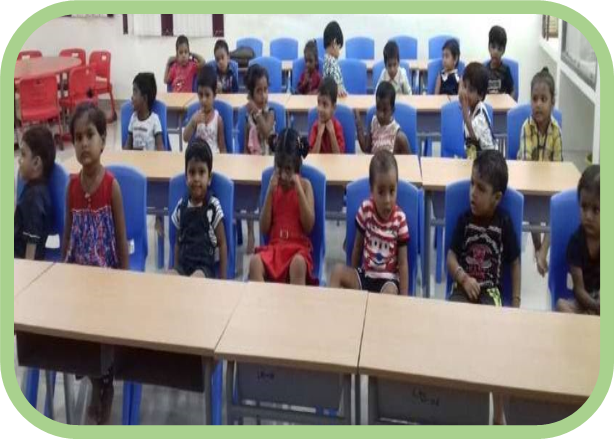
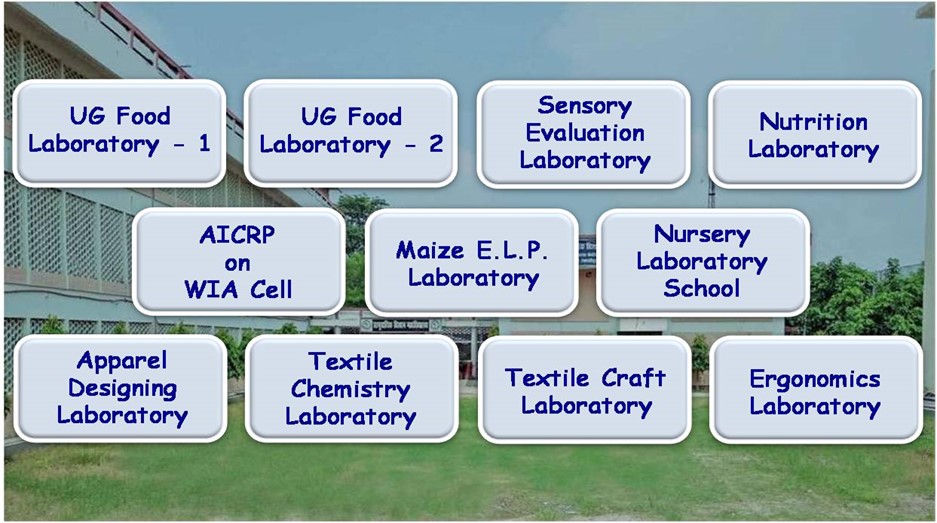
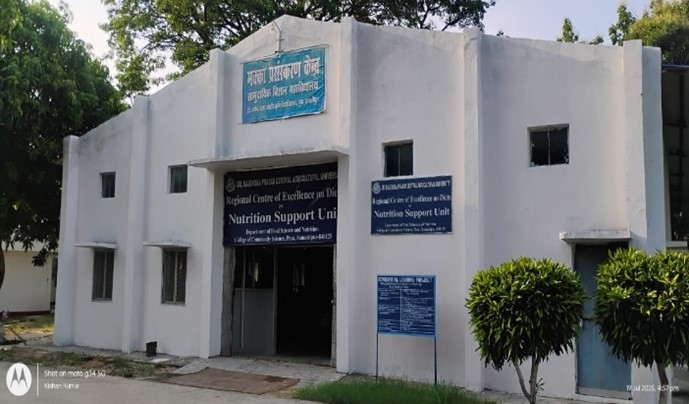
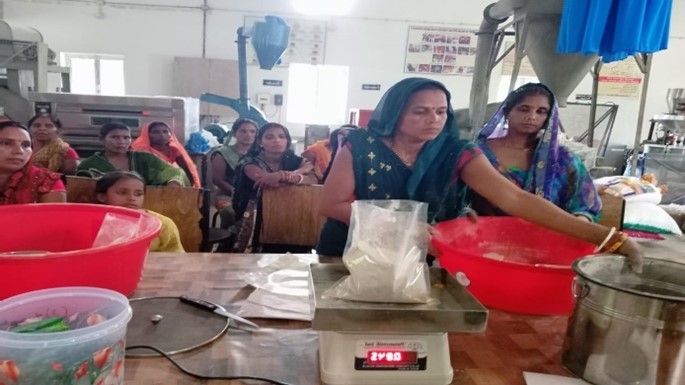
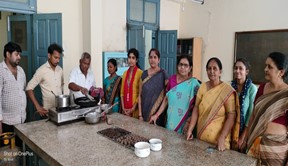
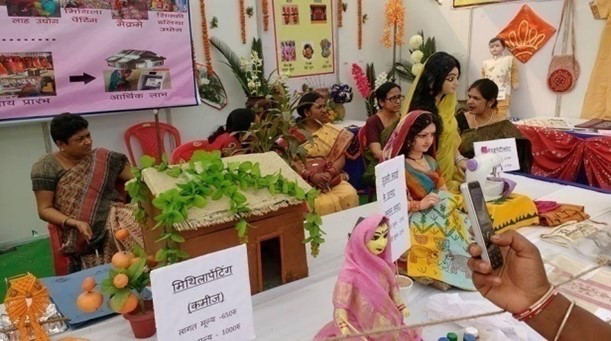
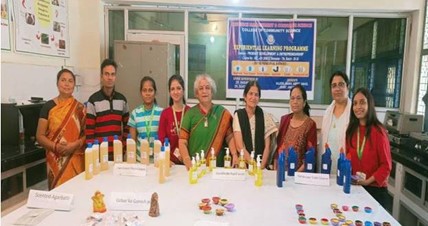
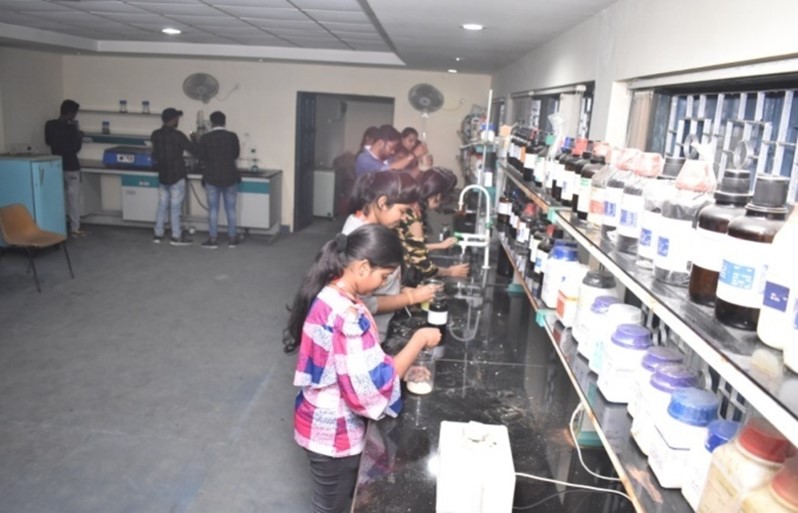
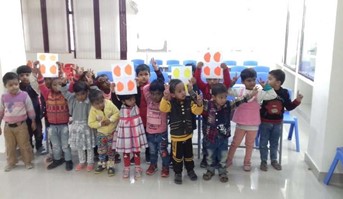






 Users Today : 1330
Users Today : 1330 Total Users : 4505782
Total Users : 4505782